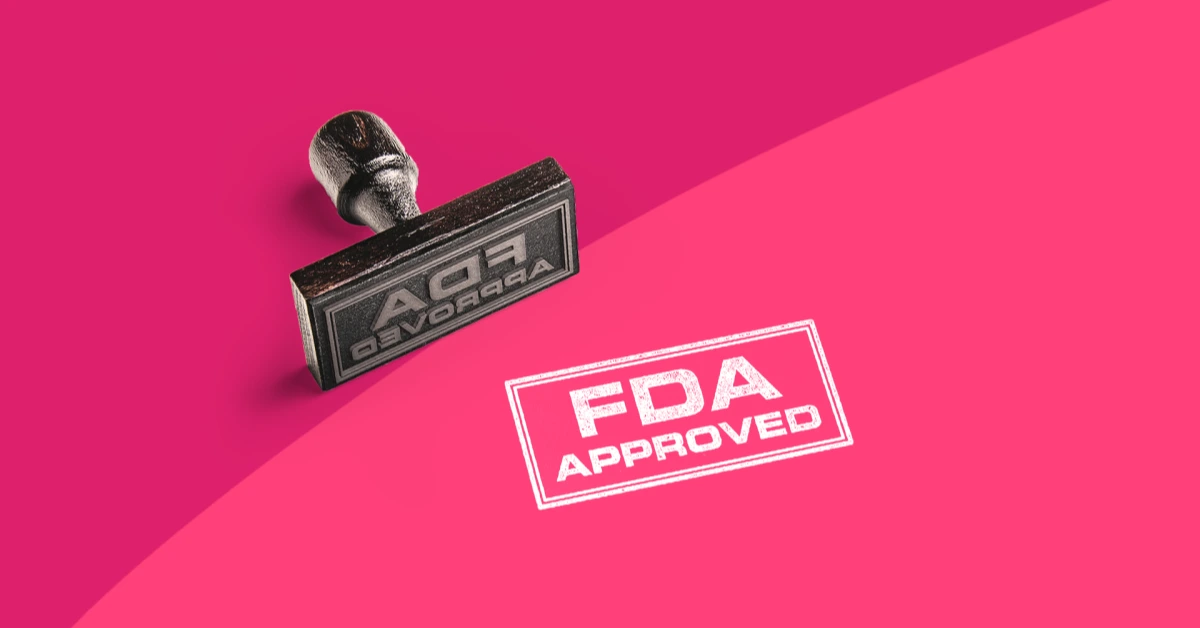
USA – The FDA has approved the first generic versions of Xarelto (rivaroxaban), a widely used anticoagulant that generated nearly US $2.4 billion in U.S. sales last year for Johnson & Johnson (J&J).
The generics, produced by Taro Pharmaceuticals (a Sun Pharma subsidiary) and Lupin, are now listed in the FDA’s Orange Book, which tracks approved medications.
The 2.5mg generic tablets were cleared to help reduce the risk of major cardiovascular events in adults with coronary artery disease (CAD) and to prevent major thrombotic vascular events in adults with peripheral artery disease (PAD).
Patients who recently underwent lower extremity revascularization for symptomatic PAD can also use it.
According to the FDA, anticoagulants are among the most commonly prescribed medications in the U.S.
The agency stated, “Monday’s approval of the first generics of rivaroxaban, 2.5mg, tablets will make a direct impact on American patients who rely on anticoagulant medications.”
Xarelto’s market and future patent protection
J&J and Bayer, which co-developed Xarelto, have marketed the drug in various strengths (2.5mg, 10mg, 15mg, and 20mg tablets) along with a 1mg/ml oral suspension.
While the 2.5mg version now faces generic competition, higher doses remain protected under U.S. patents.
According to Bayer, patents covering Xarelto 10mg, 15mg, and 20mg tablets in the U.S. extend beyond 2025.
The company is also defending these patents in Europe, where it expects protection to last until January 2026.
Uncertainty over generic availability
Although the FDA has granted approval, it is uncertain when Taro and Lupin will launch their generics, as remaining patents may delay entry into the market.
Some estimates suggest a possible launch by May, but neither company has commented on their pricing or availability plans.
Meanwhile, Xarelto is already facing generic competition in markets such as Europe and Canada, where Bayer reported a 13% decline in non-U.S. sales, totaling €3.48 billion (US $3.72 billion) in 2023.
Bayer has been defending its patents in court, winning an initial ruling but acknowledging ongoing legal risks.
Some companies may try to circumvent existing patents by developing alternative oral dosage forms instead of standard tablets.
XRP HEALTHCARE L.L.C | License Number: 2312867.01 | Dubai | © Copyright 2025 | All Rights Reserved